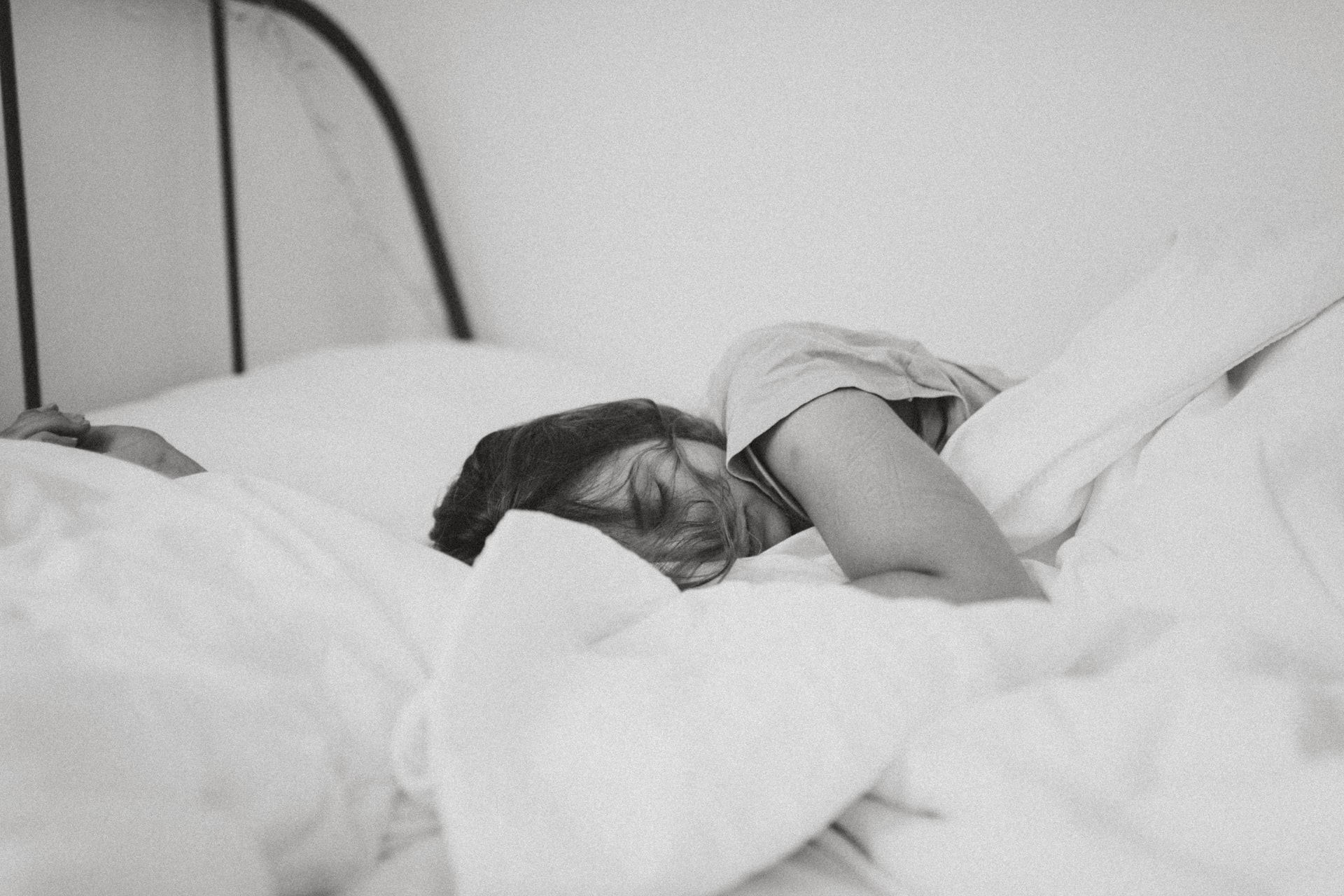This post comes in response to a question we received from a reader. “Why is getting a good night sleep important before competition?”
Sleep is restorative and not preparatory in terms of physiological function. When we sleep there is a down regulation of the Sympathetic Nervous System (SNS). This is our “Fight mode” which reacts to stress and allows us to “Perform”. The opposite is the Parasympathetic Nervous System (PNS). This is our “Rest Mode”. It allows the organs to dial back on activity and gives them a chance to recover fully. When in rest mode the immune system is highly active. Time and energy goes into repairing damaged tissues and resupplying fuel stores. If we were constantly in fight mode the body would eventually break down and the safety stops would be activated. Our immune system would also become depressed and we would become more susceptible to infections and illness.
Studies examining the physiological response to impaired or reduced sleep prior to competition have shown no significant negative impact. It does not have a direct impact on physiological capacity or function. However, mental and cognitive function are significantly reduced. This on its own will cause noticeable decrements in performance. In terms of an athletes mood state there will be a drastic decline in motivation depending on the individual. Their ability to push themselves mentally and stay alert will be reduced.It is also important to note that we are discussing lack of sleep rather than a night on the town. The later has many other factors added to the mix which can cause issues.
When an an athlete may be competing or training for multiple consecutive days, sleep plays a restorative role. It becomes a major part of the bodies natural recovery system. Disturbed or impaired sleep my hinder the restorative processes that have been mentioned from taking place. The ability of an athlete to recover is vital in maintaining performance when there are multiple days of activity.
From a practical perspective, an athlete should always try to get adequate sleep. The optimal amount will vary from one individual to another. If an athlete misses sleep before the competition has started they should place their focus on mental preparation and motivation as this will be the site for concern. After the race they should look to get sleep for both mental and physiological benefits. Inadequate sleep will result in poor recovery which will likely result in a drop in performance on consecutive competition days.
Athletes should make note of what is normal for them and what lets them perform at their best. Having a record of sleep is a good tool to allow an athlete identify when there might be an issue. This can be useful in the grand scheme as certain trends in sleep patterns can be identified and managed. Many athletes suffer from sleep disturbances as a result of nutrition, travel, stress and a wide range of factors which can be managed.
In conclusion, a lack of sleep before a big competition is not ideal preparation for an athlete. It is not always avoidable and so it is important for them to understand how it might effect them. It is a factor which should be monitored and managed as part of an athletes routine.
